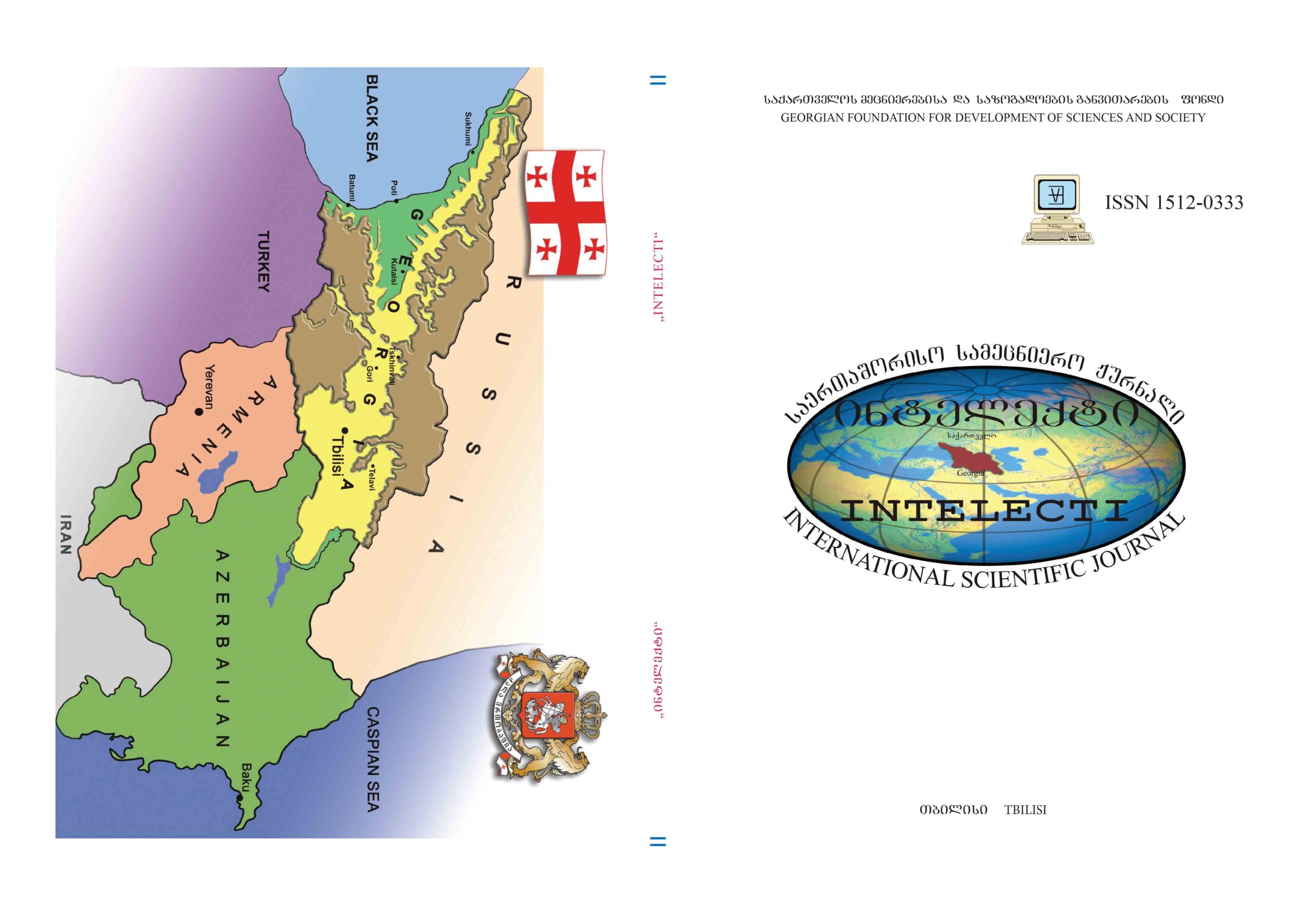The Impact of Family Parenting Styles on Adolescents’ Psychosocial Adaptation
Main Article Content
Abstract
During adolescence, psychosocial adaptation plays an important role in the formation of both emotional well-being
and behavioral stability. One of the significant factors that may influence this process is parenting style. The present paper is
dedicated to determining whether parenting style is related to the indicators of adolescents’ psychosocial adaptation: self-esteem,
levels of anxiety (trait and state), sociometric status, and coping strategies. The results of research showed, that self-esteem,
anxiety, and sociometric status did not significantly differ according to parenting style. However, differences were found in
coping strategies: adolescents raised with an authoritative style were more likely to apply problem-focused coping, whereas
permissive style was associated with emotion-focused coping. Several statistically significant correlations were also revealed,
among them the relation between trait and state anxiety (r = .427, p < .001). This result indicates that a stable and long-term
tendency toward anxiety is associated with temporary situational anxiety. In conclusion, the authoritative style supports
adaptive coping through problem-focused strategies, while the permissive style is linked with emotion-focused coping. Thus,
although parenting style is theoretically considered one of the determinants of adolescents’ psychosocial functioning, the study
showed its statistically significant influence only on coping strategies, but not on self-esteem, anxiety, or sociometric status. This
does not mean that parenting style has no importance; rather, it suggests that other decisive factors are also involved in shaping
this influence, such as peer pressure, the social climate of the school, developmental and emotional context of the adolescent,
and culturally mediated perceptional schemes.
